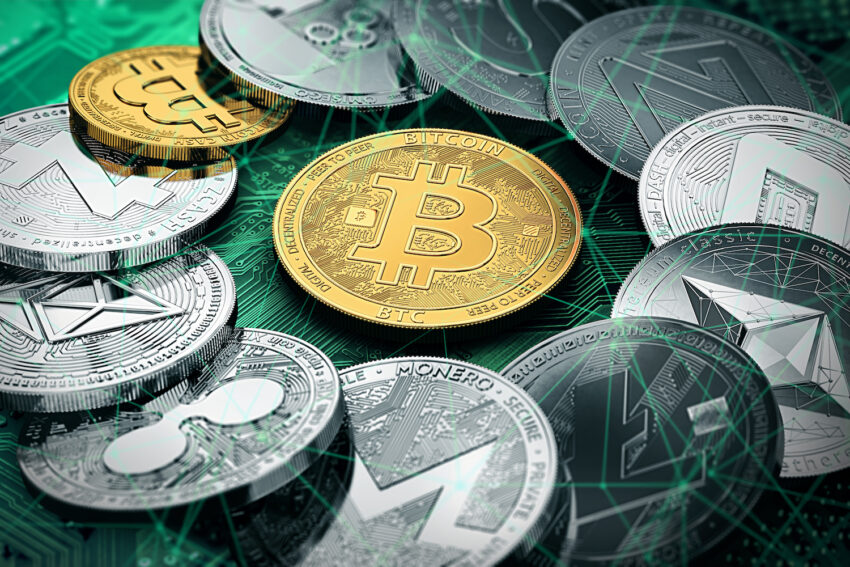2024 will finally be the year when cryptocurrencies become more mainstream. However, which coins or tokens will lead this revolution? Let us find out.
1. Polkadot
What is DOT?
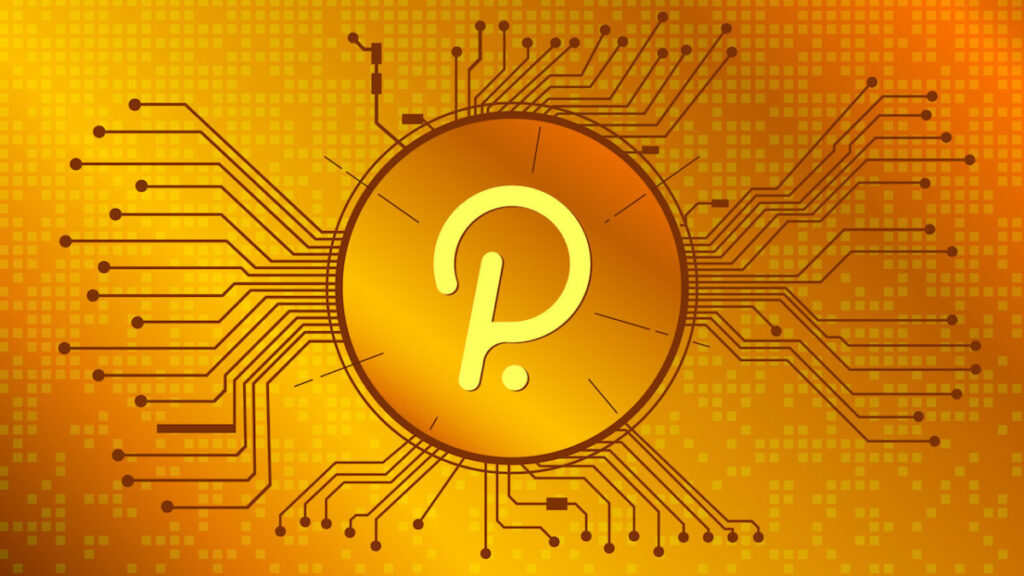
Polkadot (DOT) is an open-source, decentralized web of blockchains that’s designed to facilitate interoperability between networks. Polkadot is an ecosystem of blockchains that can operate alongside each other and interact with each other via the Polkadot relay chain.
That enables the development of multi-chain applications where chains can transfer messages to one another. The relay chain not only connects independent chains but also provides shared security to all the connected chains in the network.
Why Should I Buy DOT?
Polkadot has a market cap of over $13 billion. That figure could reach the $50 billion mark by the end of that year. It is a good enough reason as to why you should buy or invest in Polkadot.
How to Buy DOT?
To know how to buy Polkadot, you can visit any renowned exchange and purchase with a credit card or bank transfer. For more details, check the OKX crypto exchange website.
2. Ethereum
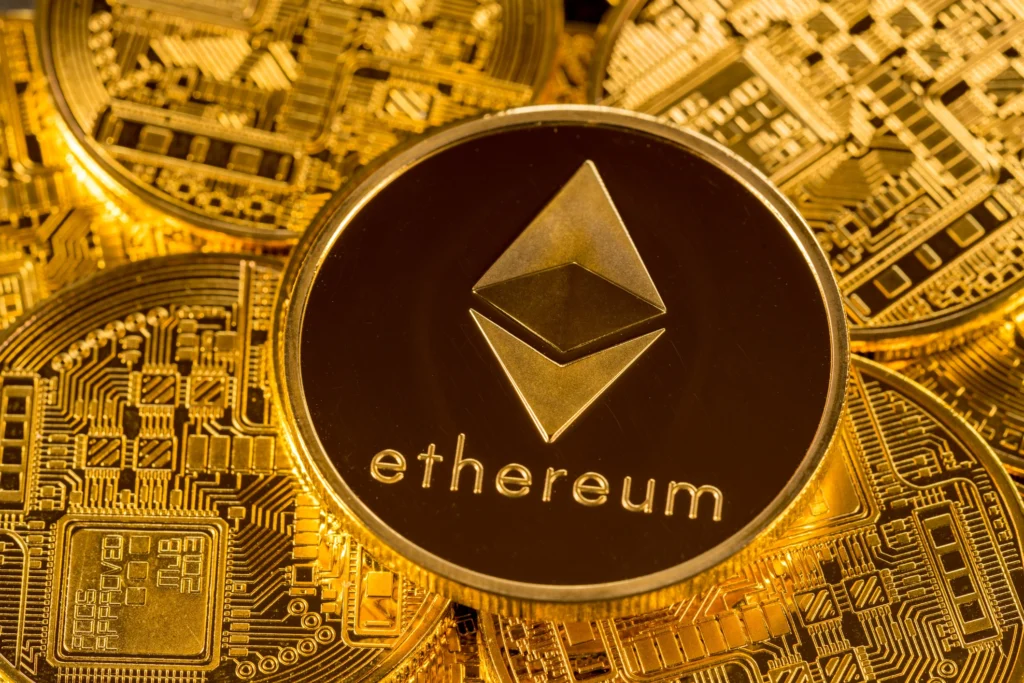
Ethereum was created in 2015. It is the second most popular cryptocurrency and is a platform that allows developers to build and deploy decentralized applications. Ethereum applications are programmed using smart contracts – code that runs on the blockchain when certain conditions are met.
Ethereum also allows users to build decentralized applications (dApps). These apps run on a programmable blockchain network called Ethereum Virtual Machine (EVM). Ethereum is one of the most well-known platforms for that type of application development because it is flexible, open-source, and has great potential for scalability.
3. Bitcoin
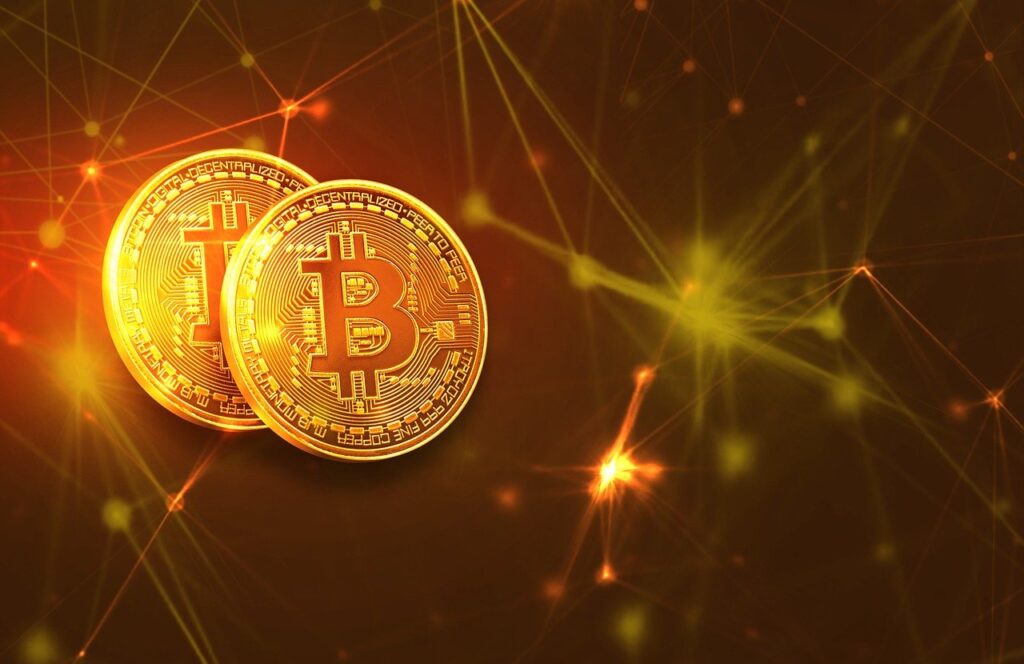
Bitcoin is, by far, the most valuable of all cryptocurrencies. It has the highest market cap and the largest price. In addition, it is the most popular one.
Furthermore, Bitcoin is also one of the most widely used tokens. Because it is so stable, more merchants accept Bitcoin than any other coin. Nearly 15 million merchants accept Bitcoin payments worldwide.
Many merchants use Bitcoin. So, they need to acquire it themselves to make purchases with third parties who demand payment in Bitcoin. It is also easier to find someone willing to trade your local currency for Bitcoin than any other form of money available today.
Finally, Bitcoin is also one of the safest ways to store wealth online or offline: contrary to popular opinion (and some government opinions), no mainstream digital or physical wallet has ever been successfully hacked or robbed since 2009 when such technology first became available on a massive scale.
4. Tether
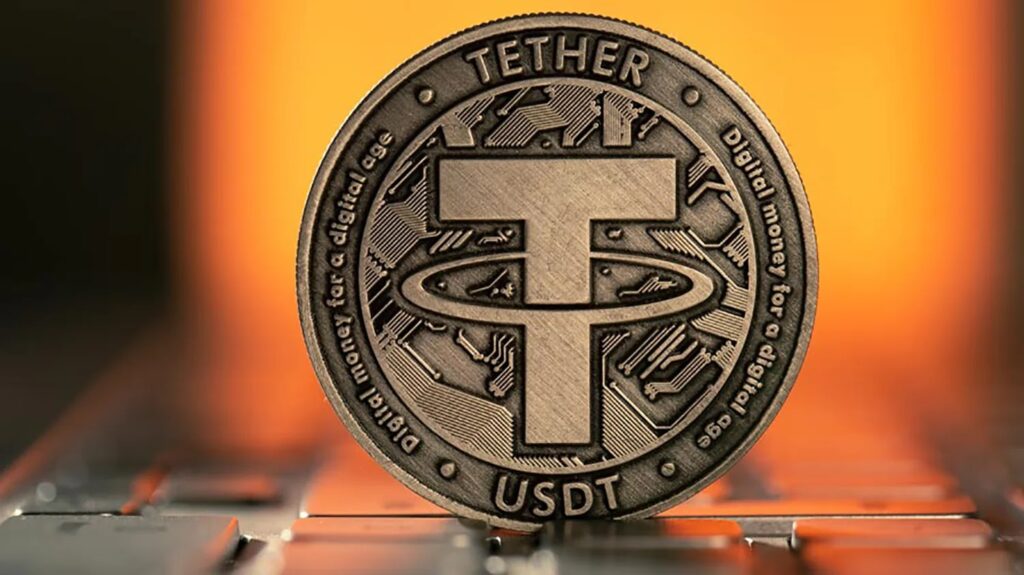
Simply put, Tether is pegged to the U.S. dollar on a 1:1 ratio and is maintained on a blockchain. Each token, or “coin,” represents one U.S. dollar and can be used to buy other cryptocurrencies directly or held in an exchange as a representative of fiat currency (USD).
It was created to facilitate the transfer of national currencies across the blockchain without long processing times and high fees, which have been common for large transfers in traditional banking systems using SWIFT technology.
Because it’s backed by USD, Tether trades for about $1 each and doesn’t change wildly in price as most cryptocurrencies do; it typically hovers around $0.99 per coin because it’s designed to maintain its value against the fiat currency with which it’s tied.
That means that if you bought 100 Tether coins when they were trading at $0.01 (as they were when they first launched under the name “Realcoin” back in 2014), you would then have 100 U.S. dollars worth of digital tokens rather than $1,000 of rapidly fluctuating cryptocurrency as you might otherwise have had with Bitcoin or Ethereum during those early days.
Today, Tether is accepted by many exchanges as an alternative to fiat currency to avoid having to deal with government regulations. It’s also becoming more accepted by merchants worldwide through CoinPayments’ Point-Of-Sale system integration; which allows consumers who use popular apps like WeChat Pay or AliPay China’s two biggest payment processors respectively.
5. Binance Coin
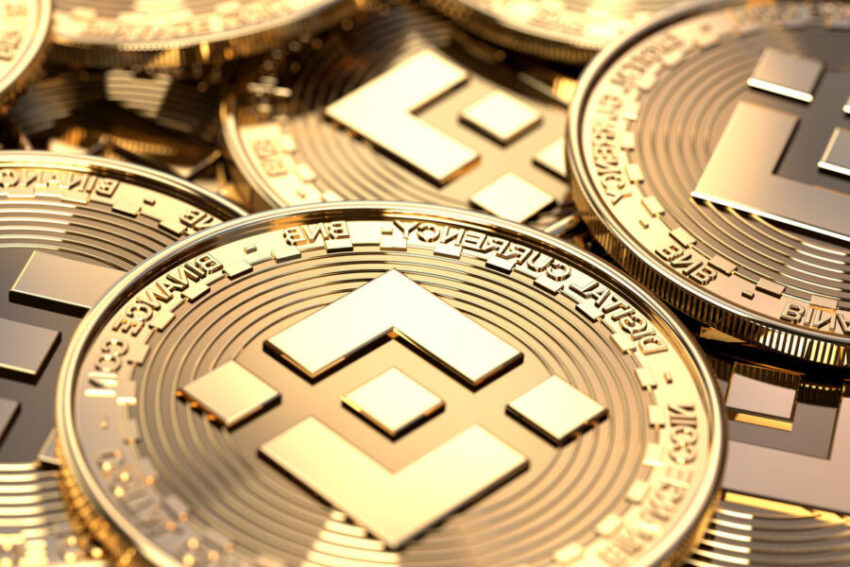
Binance Coin is the token for the Binance exchange: the largest cryptocurrency exchange in the world. It has many uses on the platform, but one of its most popular uses is to provide a discount on trading fees. If you’re an active trader and are looking to get a break on your fees, it’s not hard to see why Binance is an attractive offering.
A word of caution before we proceed. Even though Binance is currently ranked in the third position by market cap, these rankings are volatile and have been known to fluctuate greatly over time. In late 2017, Ripple held rank as the number-two cryptocurrency by market cap for several months before plummeting in value at a truly astonishing rate. That means you can use that ranking as a general indicator of popularity and demand. It is vital to take it with a grain of salt.
6. Cardano
Cardano is a decentralized crypto project. It is fully open source. It was launched in 2017 on the Cardano blockchain by developers IOHK (Input Output Hong Kong), led by Charles Hoskinson, who also co-founded Ethereum (ETH).
Ada was named after Ada Lovelace, an English mathematician from the 1800s who was one of the first computer programmers. It is worth mentioning that some people think Charles Hoskinson looks like Johnny Depp, but it is unclear whether that affects the price of ADA at all.
7. XRP
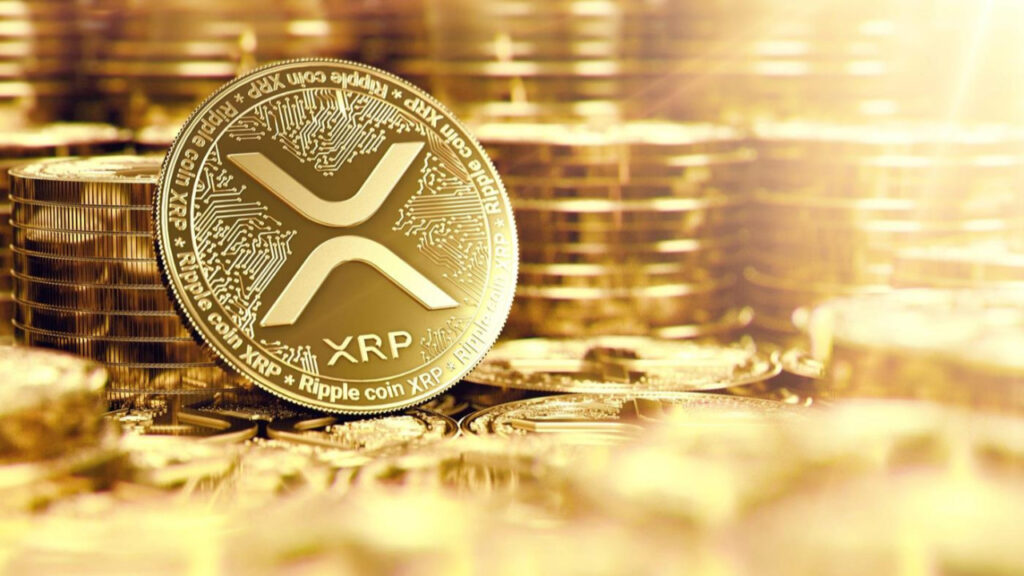
XRP was launched in 2012 by Ripple, the fintech company that created the Ripple payments network. XRP is the third-largest cryptocurrency by market cap (as of January 2024) after bitcoin and Ethereum, but unlike many others, it’s not mined—all 100 billion pre-mined coins were issued when XRP was launched.
How does it work?
XRP can be used to send and receive money globally using the Ripple network, which utilizes XRP as a bridge currency rather than depending on two different fiat currencies. The Ripple network is also utilized by banks, payment providers, and digital asset exchanges to settle international transfers with real-time transparency at ultra-low costs.
How do I buy XRP?
To buy or trade for XRP you’ll need to set up an account with an online exchange. You may also purchase XRP through some cryptocurrency ATMs and peer-to-peer transactions.
So, you can pick from any of these coins or tokens if you are into crypto trading and want to join the revolution.
